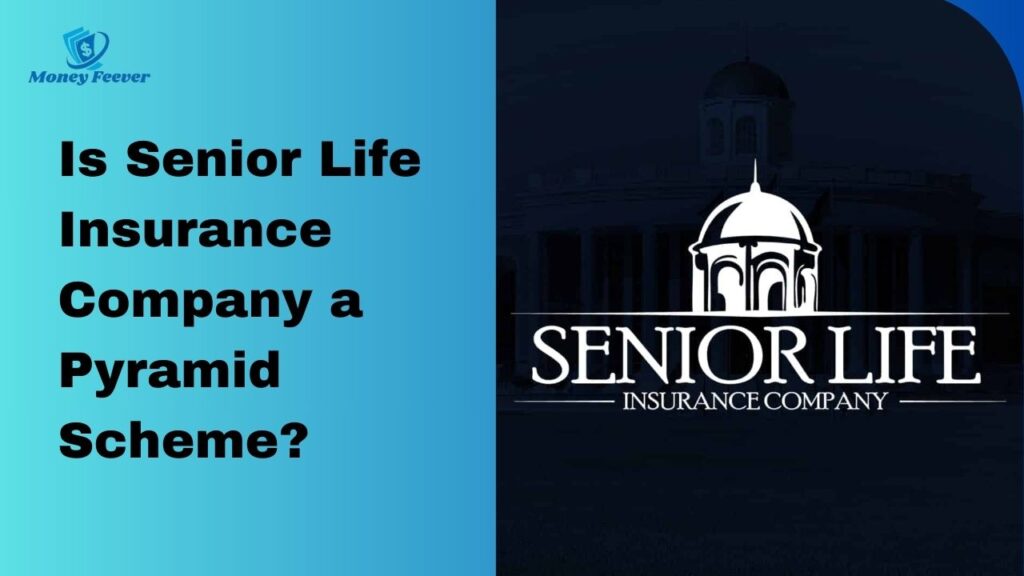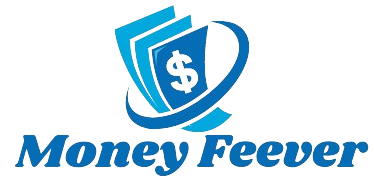Senior Life Insurance Company (SLIC) has sparked debate, particularly concerning its business model. While they offer final expense life insurance, some question if their practices resemble a pyramid scheme. In this blog, we will explore whether Senior Life Insurance Company falls into the category of a pyramid scheme or if it stands as a legitimate business.

What is a Pyramid Scheme?
Before diving into the specifics of Senior Life Insurance Company, let’s define what a pyramid scheme is. A pyramid scheme is a business model that recruits members via a promise of payments or services for enrolling others into the scheme, rather than supplying investments or the sale of products. Such schemes are unsustainable and often illegal because they rely on a constant influx of new participants to provide returns to earlier investors.
Senior Life Insurance Company: An Overview
Senior Life Insurance Company specializes in providing final expense insurance policies. Founded with the goal of helping families cover the costs associated with funerals and other end-of-life expenses, the company offers various insurance products tailored to seniors. Their primary market is older adults looking for straightforward, affordable insurance plans to ensure their loved ones are not burdened with costs when they pass away.
Characteristics of Pyramid Schemes
To determine if Senior Life Insurance Company is a pyramid scheme, we need to look at the common characteristics of such schemes:
- Recruitment Focus Over Product Sales: Pyramid schemes emphasize recruiting new members over selling actual products or services.
- Promise of High Returns with Little Risk: They often promise high returns with minimal effort.
- Requirement of Upfront Fees or Investments: Participants must pay upfront fees or make significant investments to join.
- Lack of Legitimate Product or Service: The products or services offered are often of little to no value or don’t exist at all.
Is Senior Life Insurance Company a Pyramid Scheme?
To determine if Senior Life Insurance Company operates more like a legitimate business or a pyramid scheme, let’s analyze several key factors:
Recruitment Practices
Senior Life Insurance Company does encourage recruitment of new agents as part of its growth strategy. However, unlike pyramid schemes, the recruitment is not the primary source of income for participants. Agents are trained and supported to sell insurance policies, which is the core focus of the business.
Revenue Structure
The company’s revenue comes primarily from the sale of insurance policies rather than recruitment fees. Commissions are paid based on policy sales, and while recruiting new agents can lead to additional bonuses, it is not the main revenue stream.
Product Legitimacy
Senior Life Insurance Company offers legitimate insurance products that are in demand. Their final expense insurance policies are designed to meet the needs of a specific market, and they are regulated and licensed to operate in the insurance industry.
Upfront Fees and Investments
New agents may incur some initial costs, such as licensing fees or training expenses, but these are standard in the insurance industry and not excessive or indicative of a pyramid scheme. The focus remains on selling policies and providing value to customers.
Final Assessment: Yes or No?
Based on the analysis of their recruitment practices, revenue structure, product legitimacy, and the nature of any upfront fees, Senior Life Insurance Company does not fit the definition of a pyramid scheme. The company operates as a legitimate insurance provider with a focus on selling genuine insurance products.
If Senior Life Insurance Company is not a pyramid scheme, then what exactly is it? Let’s delve into the nature of the company, assess its legitimacy, and explore any potential concerns.
What is Senior Life Insurance Company?
Senior Life Insurance Company is a legitimate insurance provider specializing in final expense insurance policies. These policies are designed to cover end-of-life expenses such as funeral costs, medical bills, and other debts that may be left behind. The company targets older adults who want to ensure that their loved ones are not financially burdened when they pass away.
Is Senior Life Insurance Company Legitimate?
Product Legitimacy
Senior Life Insurance Company offers real and valuable insurance products. Final expense insurance is a well-known and sought-after type of policy, providing peace of mind to policyholders and their families. The company’s products are designed to meet the specific needs of seniors, making them a legitimate player in the insurance industry.
Regulatory Compliance
The company is regulated and licensed to operate as an insurance provider. Insurance companies must adhere to strict state and federal regulations to ensure they provide fair and transparent services to their clients. Senior Life Insurance Company’s adherence to these regulations further supports its legitimacy.
Revenue Structure
Unlike pyramid schemes, Senior Life Insurance Company’s revenue is primarily derived from the sale of its insurance policies. Agents earn commissions based on the policies they sell, rather than relying on recruiting new agents as the main source of income. This focus on product sales rather than recruitment is a hallmark of a legitimate business.
Potential Concerns
While Senior Life Insurance Company is not a pyramid scheme and operates legitimately, there are still some potential concerns to consider:
Recruitment Practices
Like many companies in the insurance industry, Senior Life Insurance Company does encourage the recruitment of new agents. While this is standard practice and not inherently problematic, it’s important for potential recruits to understand that success will largely depend on their ability to sell policies, not just recruit new agents. Prospective agents should be wary of any unrealistic promises of easy money or guaranteed success.
Upfront Costs for Agents
New agents may need to pay for licensing, training, and other startup costs. While these expenses are common in the insurance industry, potential agents should be fully aware of these costs upfront and ensure they are prepared for the investment. Researching and budgeting for these expenses is crucial.
Commission-Based Income
Income for agents is typically commission-based, which can be challenging, especially for those new to sales or the insurance industry. Success in this field requires hard work, perseverance, and effective sales skills. Prospective agents should consider whether they are comfortable with this type of income structure.
Market Saturation
The final expense insurance market can be competitive. Agents need to differentiate themselves and the products they offer to stand out. Understanding the local market and having a strategic sales plan can help mitigate this concern.
Comparison with Legitimate Multi-Level Marketing (MLM) Models
A. Similarities
- Agent Structure: Both may have a tiered agent structure, where experienced agents earn bonuses from sales made by those they recruit.
- Focus on Sales: Both prioritize selling products, though legitimate MLMs typically offer a wider range of products or services.
B. Differences
- Product Focus: SLIC sells a specific insurance product, while legitimate MLMs offer various consumer products.
- Profit Source: Legitimate MLMs derive most profits from product sales, while some may question if recruitment is the primary focus at SLIC.
- Regulation: Insurance is heavily regulated, while MLM regulations vary by state and product.
C. Industry Standards and Best Practices
- Transparency: Reputable insurance companies and MLMs disclose compensation structures and don’t pressure sales.
- Customer Focus: The emphasis should be on providing value to customers with quality products.
- Compliance: Following state regulations and insurance industry standards is essential.
Conclusion
In summary, Senior Life Insurance Company does not exhibit the characteristics of a pyramid scheme. They offer legitimate insurance products, their revenue structure is based on product sales, and they comply with regulatory standards. Prospective agents and customers can consider engaging with the company without the fear of it being a fraudulent scheme. As always, it’s important to conduct personal research and due diligence when considering any new business opportunity.
